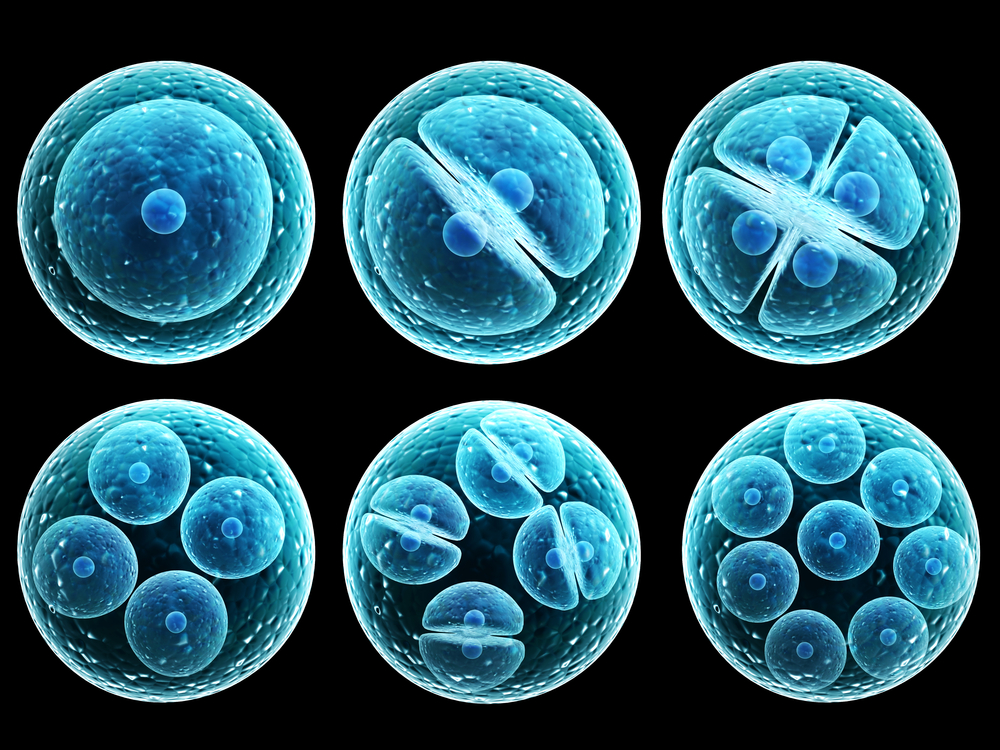Global Human Embryonic Stem Cell Laws and Policies and Their Influence on Stem Cell Tourism
By Nishakanthi Gopalan et al.,
Biotechnology Law Report
| 10. 09. 2018
Abstract
Stem cell (SC) technology has spurred many debates among experts which highlight both the deficiency of current regulation and the growing need for better oversight. The benefit of better regulating SC technology is easily understood by studying the variety of laws and policies available. Previous compilations, last published in 2009, are outdated, calling for an update. Therefore, this study aims to bring up to date the laws and policies relating to human embryonic stem cells (HESC) and to identify emerging trends in regulation. The review of numerous legal documents, including bills and legislation, accessed through official government portals, found that all developed countries have sound legislation promoting research. While some developed nations have gaps within their otherwise-sound regulation, a more pressing issue is growing travel for treatment (“SC tourism”) to developing and under-developed countries where SC technology is under- or unregulated. Therefore, SC tourism is no longer a country issue; rather, it is a universal dilemma requiring international effort for a resolution.
Related Articles
By Diaa Hadid and Shweta Desai, NPR | 01.29.2026
MUMBRA, India — The afternoon sun shines on the woman in a commuter-town café, highlighting her almond-shaped eyes and pale skin, a look often sought after by couples who need an egg to have a baby.
"I have good eggs,"...
By George Janes, BioNews | 01.12.2026
A heart attack patient has become the first person to be treated in a clinical trial of an experimental gene therapy, which aims to strengthen blood vessels after coronary bypass surgery.
Coronary artery bypass surgery is performed to treat...
By Staff, ScienceDaily | 01.05.2026
Scientists at UNSW Sydney have developed a new form of CRISPR technology that could make gene therapy safer while also resolving a decades-long debate about how genes are switched off. The research shows that small chemical markers attached to DNA
...
Following a long-standing CGS tradition, we present a selection of our favorite Biopolitical Times posts of the past year.
In 2025, we published up to four posts every month, written by 12 authors (staff, consultants and allies), some in collaboration and one simply credited to CGS.
These titles are presented in chronological order, except for three In Memoriam notices, which follow. Many more posts that are worth your time can be found in the archive. Scroll down and “VIEW...




